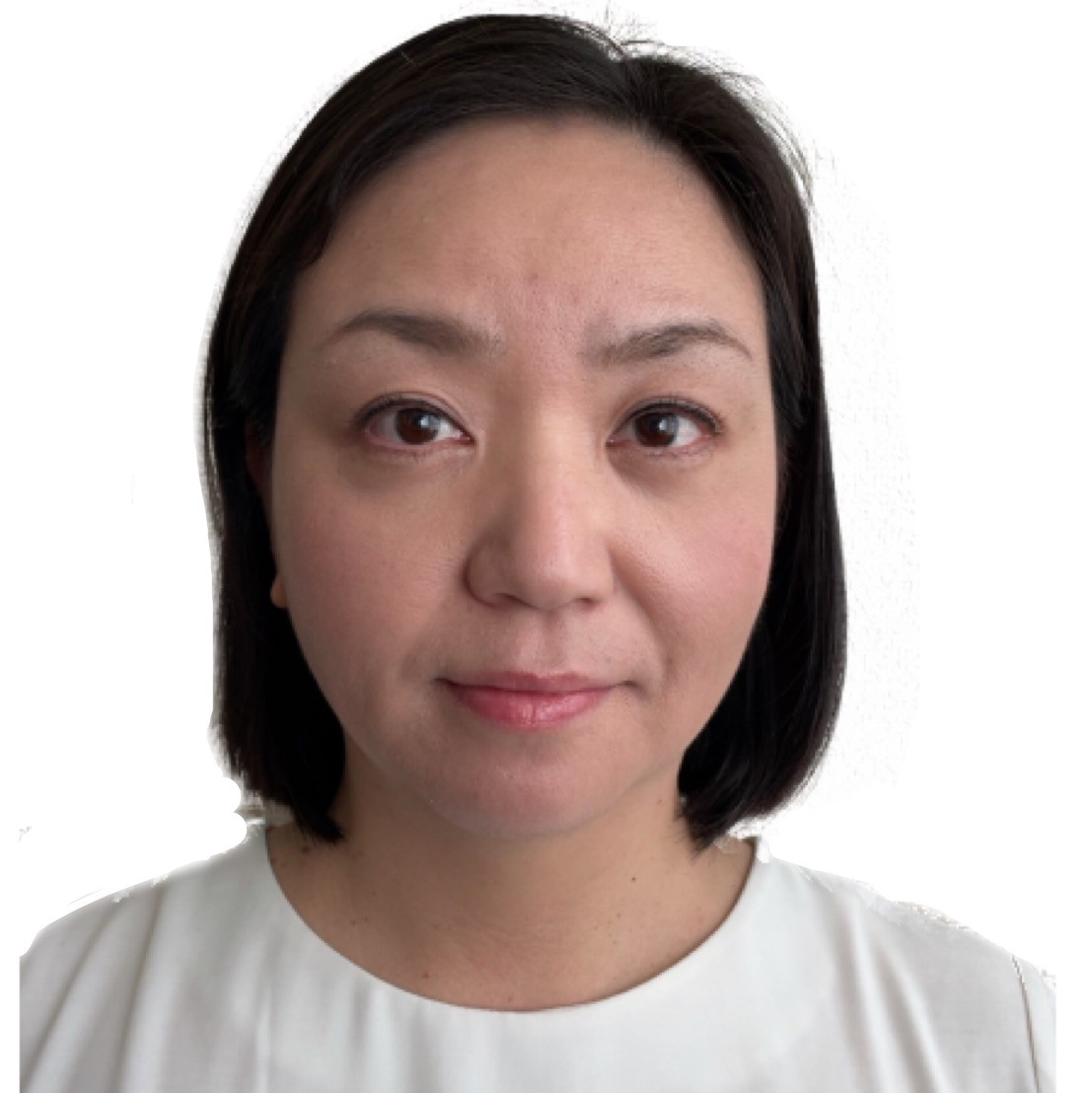A Flipped Museum Proposal: Training for University Student Volunteers Associated With a Guide Program for Children in a University Museum

Associate Professor Terada Ayumi
Project Associate Professor,
Intermediatheque Department,
the University Museum, the University of Tokyo
The University Museum, the University of Tokyo (UMUT) is co-managing the Intermediatheque (IMT) as an industry-academia collaboration with Japan Post. The IMT has on public display the scientific specimens the University of Tokyo has collected since its inception in 1877. It is located opposite Tokyo Station, the heart of Tokyo, and is one of UMUT’s outposts outside the campus, conducting its own experimental educational activities. The IMT takes on volunteers from among undergraduate and graduate students enrolled in various universities in the Tokyo area to provide opportunities for future museum professionals to gain practical work experience—this training is linked to the educational program for schoolchildren “Academic Adventure” in which university students serve as their museum guides.
“Academic Adventure” is designed to enable children to experience object-based learning, which they cannot in school, as well as to learn how to enjoy museums. Each student volunteer selects an exhibit that interests them from UMUT’s collection, does their own research beforehand, and creates a story to introduce the exhibit. They then prepare the museum guide program by discussing with their peers how to convey its contents to the children. UMUT’s faculty members act as facilitators and advisors in this process. What is important in this training for the volunteers is that the participating students stimulate each other through discussions and learn from the questions and discoveries of the children they are guiding.
Since 2020, due to the spread of COVID-19, we have had to suspend volunteer activities at the museum; since May of last year, we have switched to online volunteer activities using Zoom and have been experimenting with an online version of “Academic Adventure.” On-site volunteer activities under the guide program are scheduled to resume in April 2022. Thus, we now plan to provide the program to children both at the museum and online. To effectively combine the two modes, our current plan is to have schoolchildren participate in the program’s online version as a prerequisite for learning and then come to the museum—we expect this to improve the museum experience for children who have learned in advance how to observe and think for themselves when they actually visit later. There is also the possibility that participating in a face-to-face “Academic Adventure” would improve the quality of interaction between the student volunteers and children at the museum. In this paper, I introduce UMUT’s approach, which applies the flipped classroom model, as an idea for flipped museums.
Total Visits : 9576